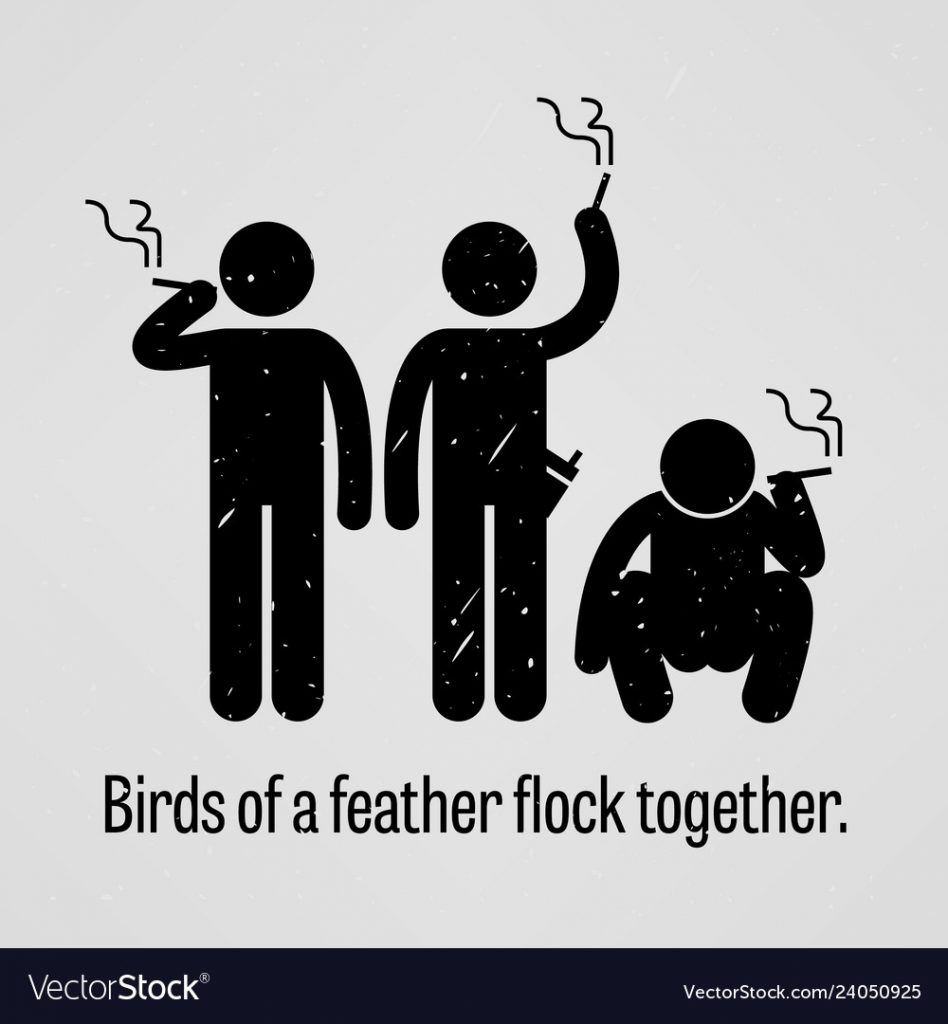The Item I chose to archive for Artifact number 3 was the module 14 subjective happiness scale. I decided on this module to archive because recently, I have done a lot of reflecting on what it means to be happy. To delve into what it means to be happy is most likely one of our time’s most important philosophical questions that every person should endure. It is safe to state that our happiness is challenged by several degrees of influence in the activities of our daily lives. These influences can come from social media, influencers, traditional media, or people we hold dear. No person is immune to these degrees, and I have recently, in my personal life, had to take a step back and reevaluate this notion. Many people, myself included, have insecurities that manifest and disrupt our happiness internally or, worse, we put them onto others. Which only further contributes to the overall unhappiness people experience.
I contend that sometimes we need to take a step back and reevaluate our emotions to deal with them positively, whether that means hopping off social media, turning off the tv, and spending more time with ourselves to contemplate what makes us happy. We all go through traumas; sometimes, they manifest themselves in areas where they shouldn’t be due to not dealing with them appropriately. One example is seeking validation from others which contributes to unhealthy relationships. Due to the subjective nature of happiness, I would encourage people to do the things they enjoy to bring them joy and to do them in solace. I believe that if you can be happy and content with yourself by yourself, you will inspire others to do the same and overall contribute to a better, happier-filled people world.

Artifact 2
The second artifact I have chosen is the Chapter 7 attitude and behavior survey. I felt like this activity was good for thinking about specific topics that we may not necessarily pay much mind to in our everyday lives. This chapter also covered and talked about the knowledge of cognitive dissonance. One of the attitude and behavior survey questions most definitely inspired one of my actions for the ATA4. The homelessness question most likely had a subconscious effect on the “acts of kindness” or altruism activity.
Another reason I chose this artifact was within the behavior part of the survey; one of the questions was: Do I take time to engage in regular physical exercise several times a week? It allowed me to reflect on the physical transformation I have been undergoing over the last few months. One of the goals that I had set for a new years resolution was to gain 20 lbs of muscle, and I have gained 22 lbs so far. I have had to reformulate my workout plan several times to reduce the inconsistencies I was making initially. Still, now I have a solid regiment that is working better than expected.

Artifact 1
I selected ten people to reflect on the two statements, precisely five for each question for these mini-questionnaires. The prompts were pretty simple, and since each group had only one question to answer, it allowed for a faster-paced data collection. The first question pertained to whether opposites attract, and the second was based on similarity leads to attraction. For group one, the results were as follows: do opposites attract? Four out of the five participants agree with this notion. Sixty percent of those four had the exact reasoning behind their agreement: “someone who thinks different than you can bring new perspectives and thought opportunities.” The last participant disagreed with this statement, and his answer was, “why would I want someone to be with someone who thinks differently? That will lead to us not having many things in common.” The second group had the question: ” Does similarity lead to attraction?”. The results were as follows: Three out of the five agreed with this statement in group two. The general answer for the three who agreed was, ” People who share the same or shared interests can help further your mutually aligned goals.”. The last two participants in group two claimed that: ” having the same things in common can deter growth within your lives and may hinder or limit future potential experiences.”. The differences in answers can be summarized into perhaps different lifestyles that members of the two groups wish to live. The disparity in responses between the two groups could stem from the selected college majors of the individuals. For example, the participants from group one were business-oriented, and the members from group two had more of a sociologically based background. Nevertheless, the results of this small and short study were fascinating to see play out, and I can’t wait to conduct more in the future.

Birds of a Feather Flock Together. A motivational and inspirational poster representing the proverb sayings, Birds of a Feather Flock Together with simple human pictogram.